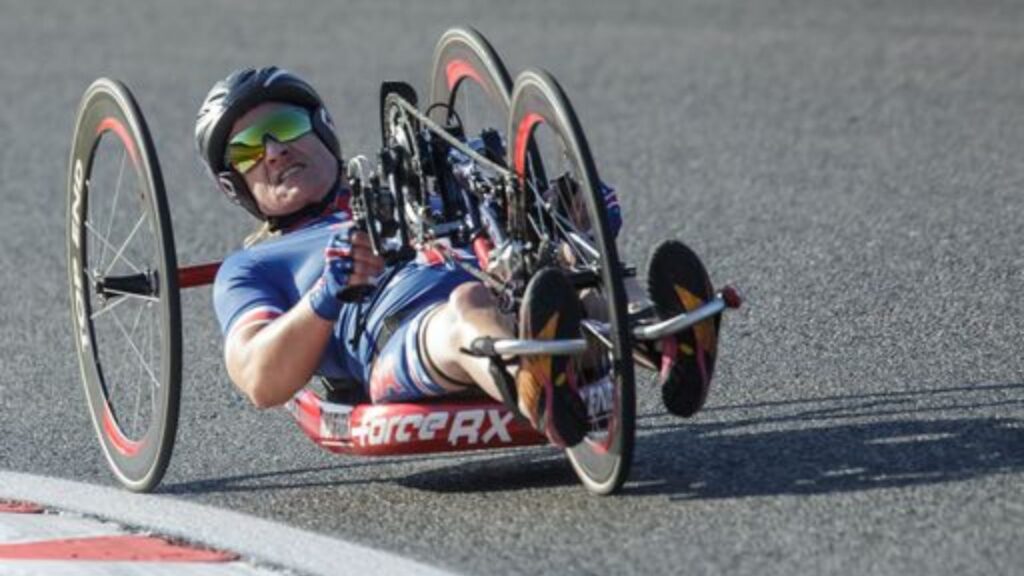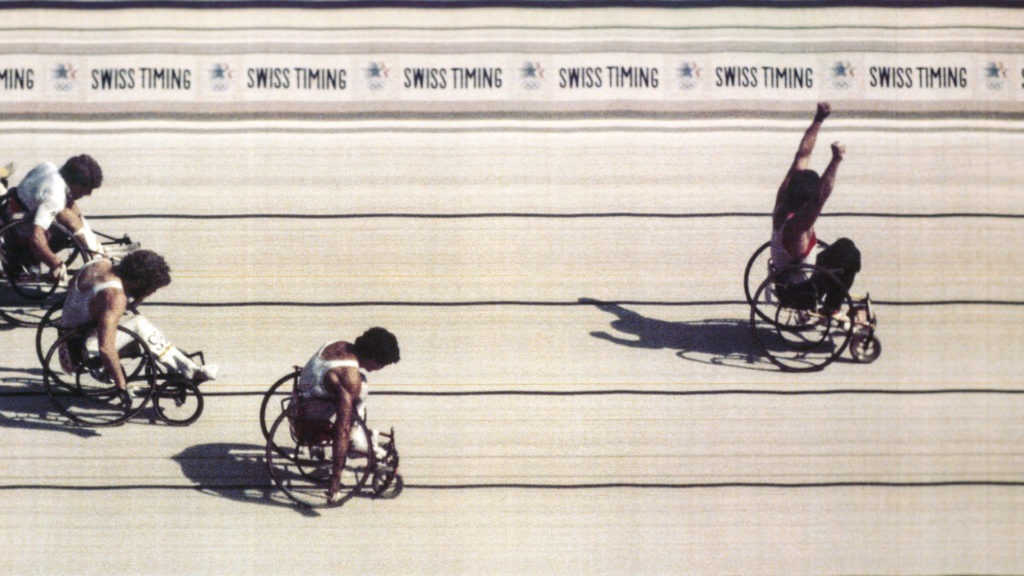There was not much pressure on Wyomia Tyus at the Tokyo 1964 Olympic Games. A sprinter, she had gone from growing up on a small farm in Georgia to the burgeoning track program at Tennessee State University. Just making the U.S. Olympic Team was a major accomplishment for the then-19-year-old.
Tyus was feeling good about herself entering the 100-meter dash finals. She had won her three preliminary heats, including an 11.2-second sprint that set an Olympic record and tied the world record.
But even then, it appeared, Tyus was an underdog. U.S. Track Coach Ed Temple, who also was the coach at Tennessee State, ambled over to Tyus to encourage her.
“You look like you might win a medal,” Temple said. “So go get ‘em.”
The pep talk did indeed serve as motivation, but not in the way Temple might have meant. “A medal?” Tyus said to herself. “I could win, baby!”
When the gun went off, Tyus raced her way into history, beating teammate Edith McGuire to win the first of her three gold medals. The two later collected silver medals in the 4×100-meter relay.
Four years later, at the Mexico City 1968 Olympic Games, Tyus was in a different position, as a favorite and trying to become the first person ever to repeat as Olympic gold medalist in the 100. Trying to stay loose before the race, Tyus did a short dance – ironically named the “Tighten Up” — behind the starting blocks. After two teammates false-started, Tyus took off and set a new world record of 11.08 seconds to win the gold medal. She won another gold in the 4×100-meter relay.
While it was not as recognizable as some of the American male track performers, Tyus did her part to support the Olympic Human Rights Project, wearing black running shorts throughout the Olympics. It was the start of her activism, as she spent parts of her career fighting for equality, chronicled in her book Tigerbelle: The Wyomia Tyus Story.












